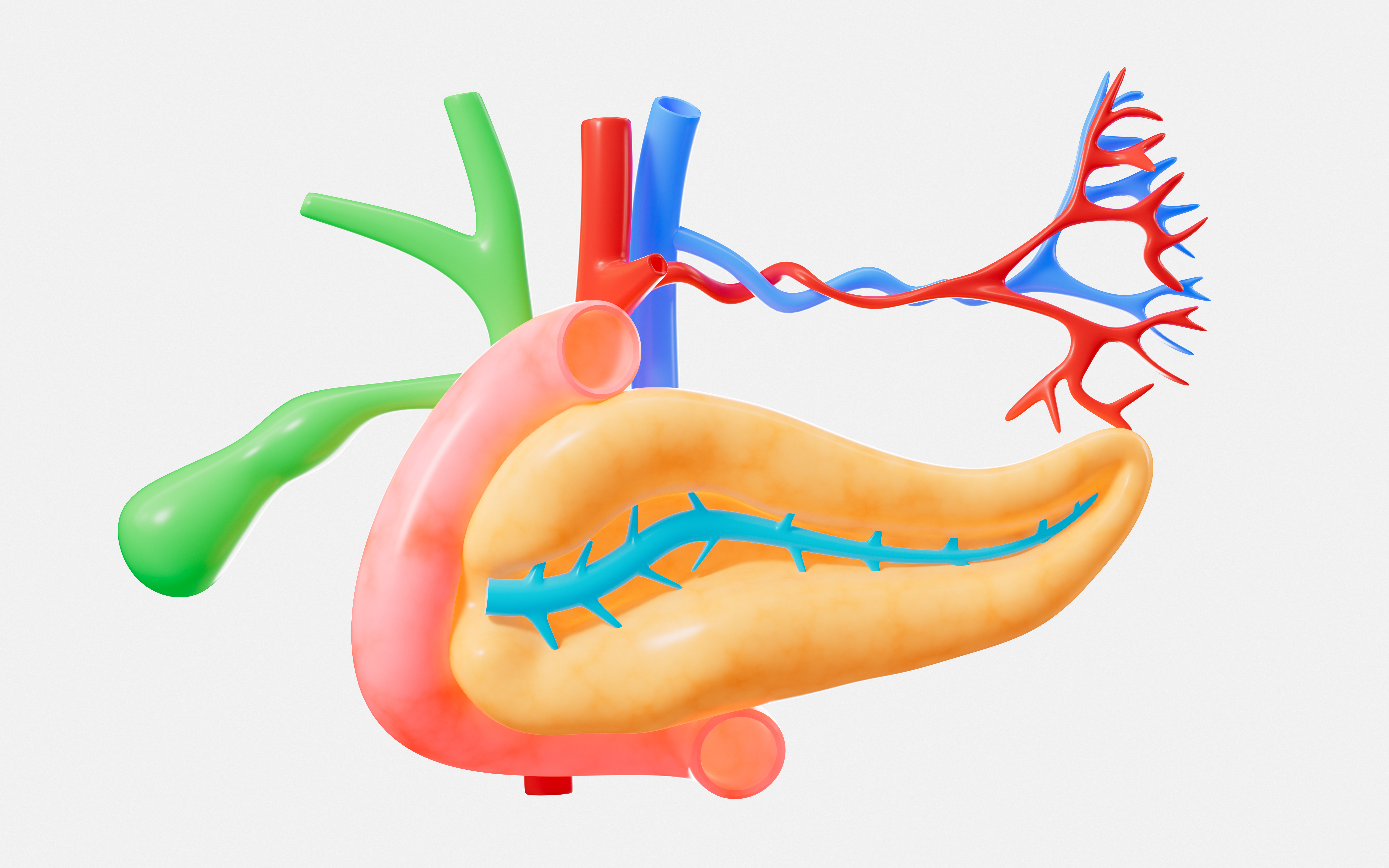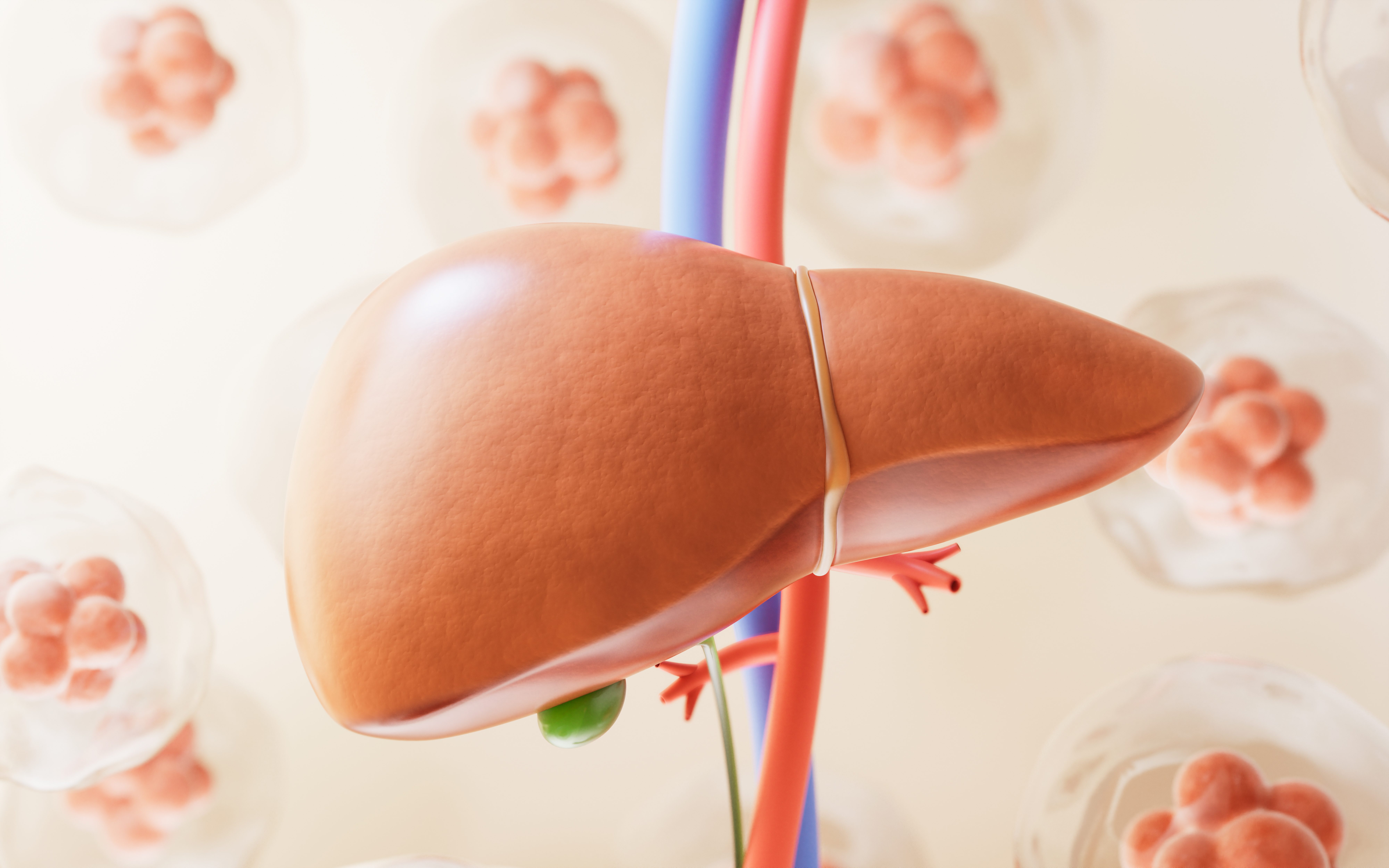Brain organoids derived from people with Parkinson’s disease and multiple sclerosis are currently being studied on the International Space Station (ISS) as part of research on the effects of microgravity on the human brain. This research is aimed at understanding how brain cells interact in a weightless environment and may provide insights into the mechanisms underlying neurodegenerative disorders like Parkinson’s and MS. The project is a collaboration between the National Stem Cell Foundation (NSCF) and the European commercial Axiom Space (Ax-3) astronaut mission, which transported the organoids to the ISS. The research is expected to accelerate data collection and potentially lead to the discovery of biomarkers for earlier disease diagnosis and the development of new therapies.
The Ax-3 mission is part of the NSCF Cosmic Brain Organoid project, the first to investigate neurodegeneration mechanisms in space. Organoids from 30 different Axiom Space research studies will remain on the space station for two weeks. In addition to neurodegeneration, the research covers cancer, protein aggregation, and astronaut health, with the goal of benefiting both future astronauts and people on Earth by finding ways to protect the brain against cognitive decline.
Keywords: Organoids, brain, neurodegenerative diseases




